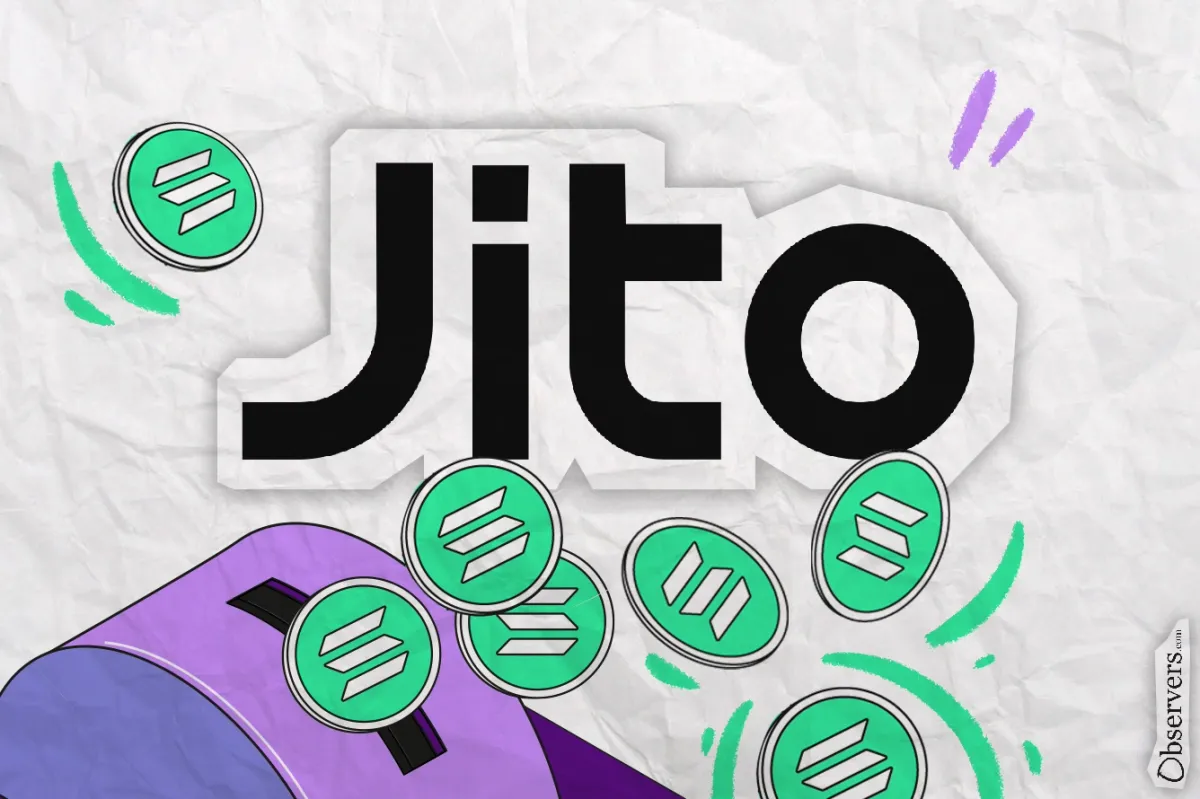
A Hot Start for Restaking on Solana
The launch marks Phase 1 of Jito’s restaking roadmap, and the early response has been overwhelming. The initial deposit phase quickly hit its global cap of $25 million, signaling strong demand from the Solana community.
Jito is adopting a phased approach for its rollout. Here’s what the roadmap looks like:
- Phase 1 (Deposits Phase): Users can deposit assets to participate—this phase has now concluded.
- Phase 2 (Staking Phase): Restaking functionality will go live, letting users actively restake assets. This phase is expected to begin in the coming weeks, contingent on development milestones and audit results.
- Phase 3 (Slashing Phase): Jito will implement slashing mechanics, designed to enforce protocol security. This is projected to go live a few weeks to months after Phase 2.
What Sets Jito Apart
A key differentiator in Jito’s restaking product is its multi-asset compatibility. The platform allows users to restake a variety of tokens, including staked base assets, liquid staking derivatives, and virtually any token native to the Solana ecosystem.
While Jito may be entering the restaking game second, it has a major advantage: scale. The first restaking protocol on Solana was Solayer, which currently boasts over $300 million in TVL. But Jito’s strong brand and dominant position in Solana DeFi put it in a strong position to challenge—and potentially surpass—Solayer.
More Than Just Restaking
Jito isn’t new to DeFi dominance. It’s already the largest protocol on Solana by TVL, thanks to its liquid staking solution. Users can stake their SOL through Jito and receive JitoSOL, a liquid version of the token that can be freely traded or used across the ecosystem. With over 13 million SOL staked, Jito’s footprint is vast and growing.
But Jito’s offerings go even deeper. The protocol has also built one of the most widely adopted MEV (Maximal Extractable Value) software tools for Solana validators.
Last week alone, Jito’s MEV software helped Solana validators earn an additional $25 million in MEV tips. However, those earnings don’t currently flow back to $JTO token holders. A recent DAO proposal aims to change that, suggesting that 3% of all MEV revenue collected by validators be redirected to the protocol’s DAO treasury.
Market Reaction
Despite these developments and an increasingly active roadmap, the price of $JTO has remained relatively stable in recent weeks, according to CoinGecko. The token has yet to see a breakout moment—but if Jito continues to expand its dominance in both restaking and MEV capture, sentiment could shift quickly.

